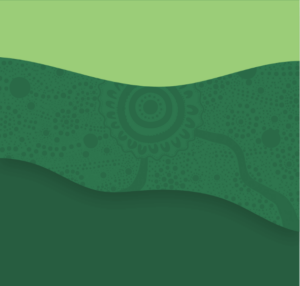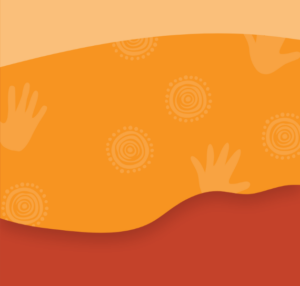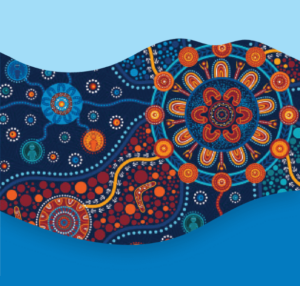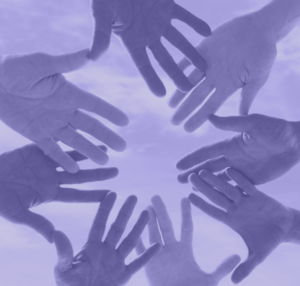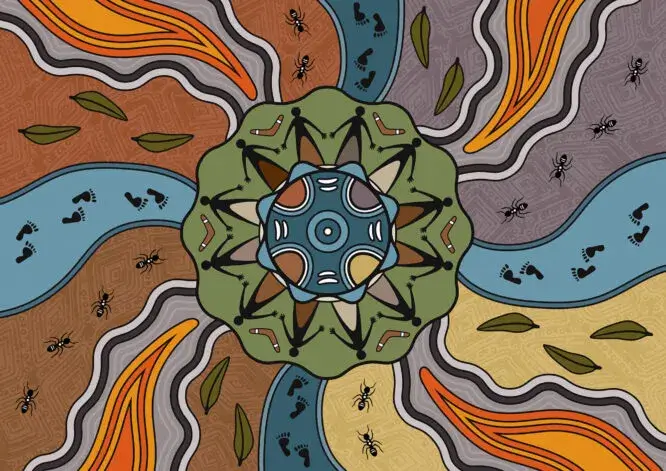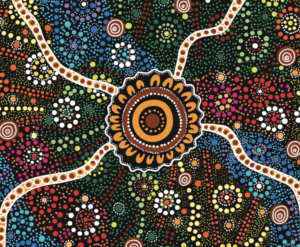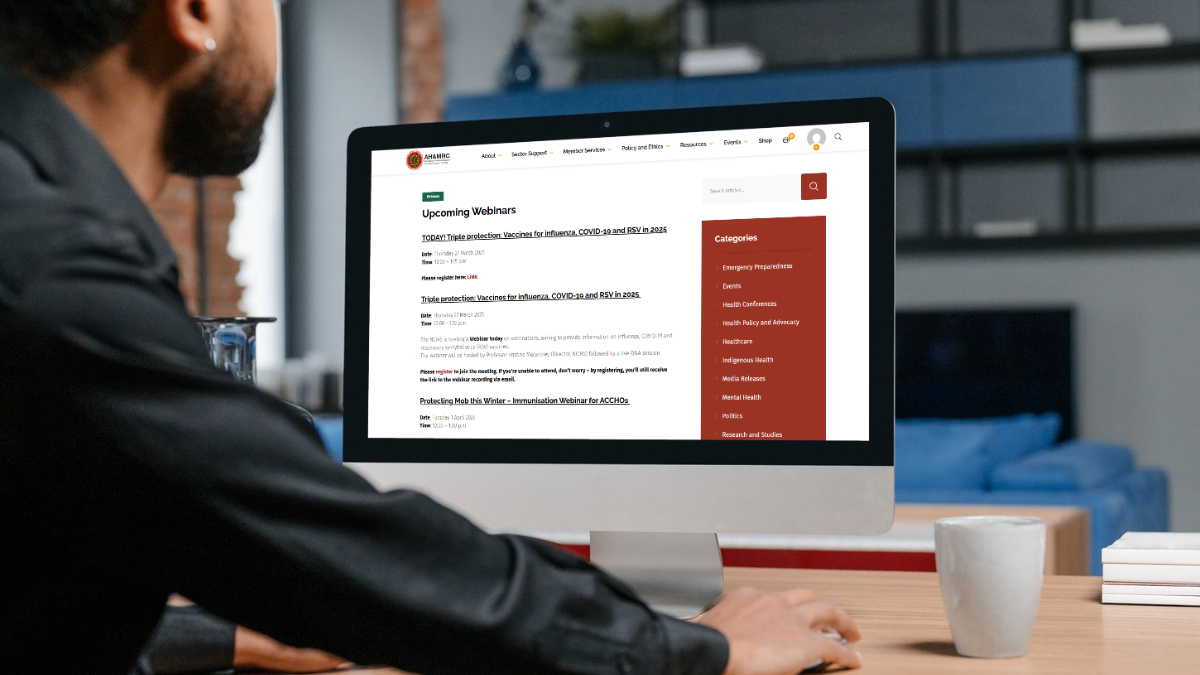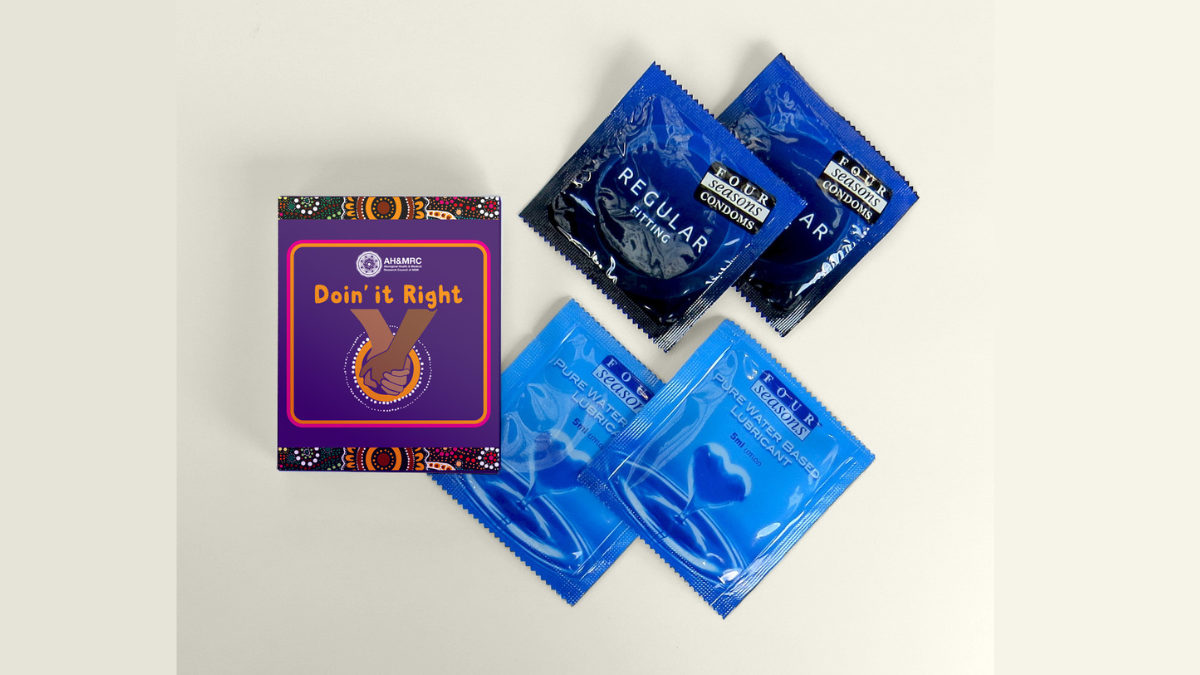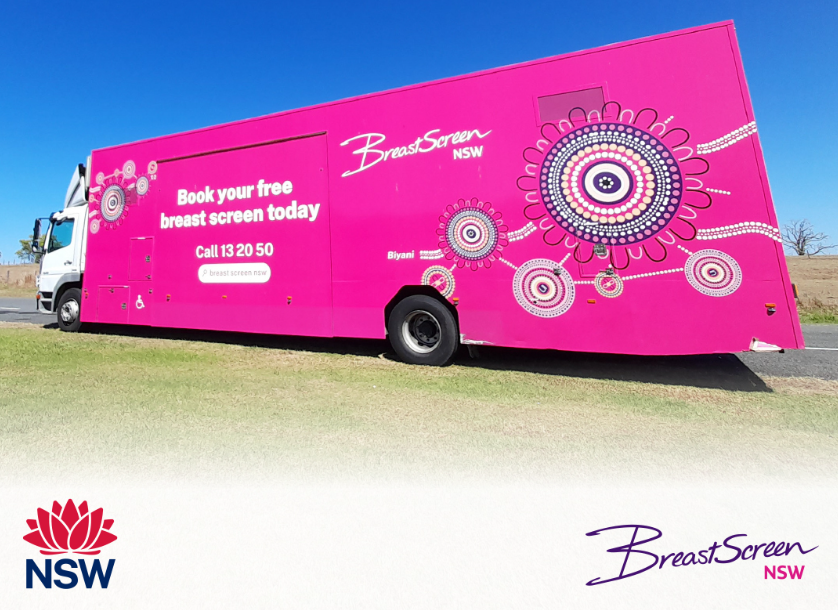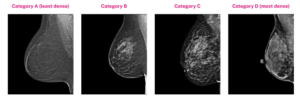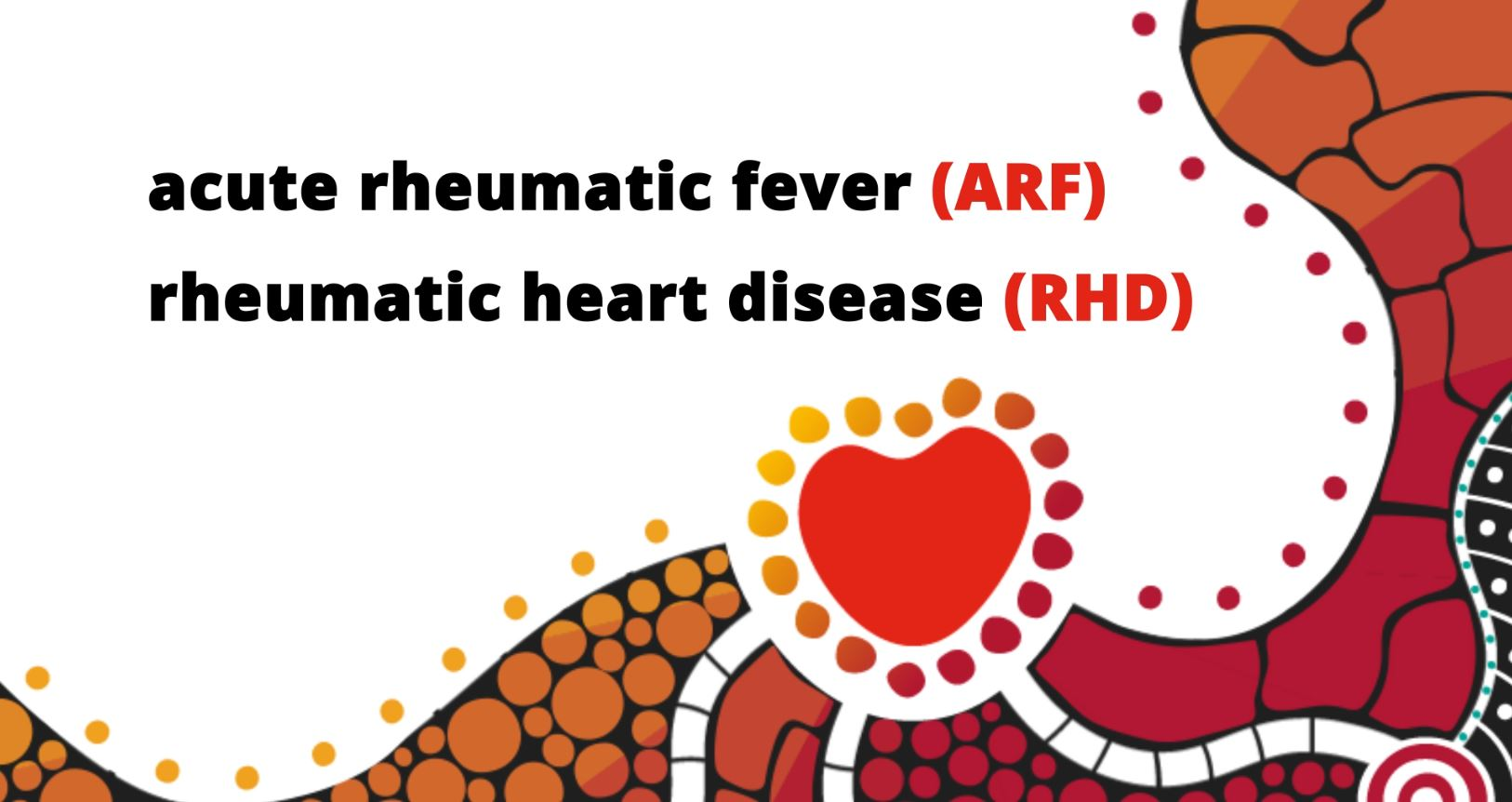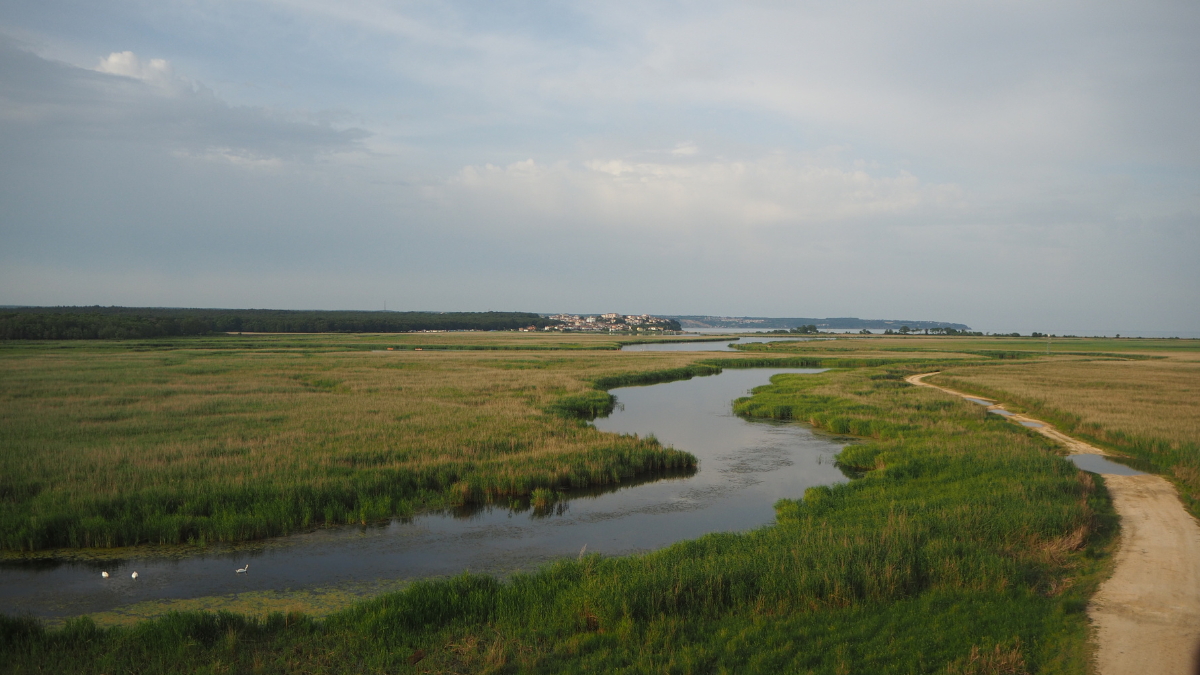Some of you have been – and continue to be – impacted by the recent Cyclone Alfred. To assist with coping in the immediate aftermath of this extreme weather event, we have included links to Mental Health resources and Grants & Financial Assistance.
Coping with the mental health impact of Cyclone Alfred
We understand that many of you are still grappling with the uncertainty and damage left in the wake of Cyclone Alfred. ‘It is normal to experience feelings of sadness, fear, guilt, or anger immediately after exposure to a distressing or traumatic event, such as natural disasters or a serious incident’. (Black Dog Institute)
For help managing emotions and caring for mental health, please see Resources and helpful strategies to help cope in the immediate aftermath of Cyclone Alfred. Also how to care for family and friends who are emergency service workers.
For Crisis Support please contact the following numbers:
Healthdirect | 1800 198 888
If you need medical advice and care, call Healthdirect for free, 24/7 on 1800 022 222 and speak to a registered nurse. They can also connect you or your children with virtual health care services, so you can receive care from wherever you are.
Healthdirect
Lifeline | 13 11 14
Lifeline provides free, 24-hour telephone crisis support service in Australia.
Lifeline
13 YARN | 1800 551 800
13YARN is an Aboriginal & Torres Strait Islanders crisis support line. Available 24/7.
13YARN
MensLine | 1300 78 99 78
MensLine Australia offers free professional 24/7 telephone counselling support for men with concerns about mental health, anger management, family violence (using and experiencing), addiction, relationship, stress and wellbeing.
MensLine
Available Grants & Financial Assistance for NSW for those impacted by Cyclone Alfred:
Disaster Recovery Allowance
Payments and help for people directly affected by floods or other natural disasters.
Support for people affected by Cyclone Alfred has started in March 2025. Services Australia has lump sum payments and ongoing, short-term allowances to assist – where those impacted may be eligible for more than one of these.
Find out more | Disaster Recovery Funding Arrangements (DRFA)
Child Care Subsidy (CCS) Period of Emergency
The following support is available in affected regions during the CCS period of emergency:
You can continue to get CCS if your service closes as a direct result of the emergency,
You can waive the gap fee if a child doesn’t attend, or your service is closed, during the CCS period of emergency,
Families will get unlimited allowable absences for the duration of the CCS period of emergency.
Find out more
NAB Disaster Recovery Support
NAB has opened applications for $1,000 Disaster Relief Grants to customers severely impacted by the Cyclone Alfred.
Find out more
Commonwealth Bank Emergency Assistance
Emergency Assistance for customers and businesses in Cyclone Alfred affected areas in south-east Queensland and northern New South Wales. A range of tailored support options are available if you or your business are impacted by the cyclone.
Find out more
ANZ Natural Disaster Support
Personal and business customers affected by Cyclone Alfred can access various support options.
Find out more
Westpac Disaster Support
Various support options are available for personal, business and insurance customers.
Find out more
BOQ Special Relief Assistance
Bank Of Queensland is activating its Special Relief Assistance for customers who have been impacted by natural disasters such as droughts, fires, floods and earthquakes.
Find out more
ING Relief
If you’re living or working in an area affected by a natural disaster – e.g. bushfire, flood or cyclone – ING relief measures may be available to you (depending on the type of account you have).
Find out more
MyState Bank
A range of emergency assistance options are available for customers affected by Tropical Cyclone Alfred in south-east Queensland and northern New South Wales.
Find out more
Strengthening Rural Communities – Prepare & Recover
Supports communities in remote, rural and regional communities across Australia to implement initiatives that prevent and prepare for future climate related impacts, or recover from existing disasters in the medium to long-term timeframe, generally one to ten years after the disaster.
Grants up to $25,000 are available for a broad range of initiatives.
Find out more
Indigenous Land and Sea Corporation – Disaster Recovery Quick Response Grants
Established to assist any Indigenous corporation whose property has been directly affected by a declared natural disaster, such as a flood or cyclone.
The amount of each grant will be determined following an assessment of the immediate recovery efforts required and the costs of these efforts but is capped at $20,000 for each individual organisation.
Find out more
Emergency Funding for PLHIV
People living with HIV may be able to access the Emergency Treatment Fund, including help with payments for other medications.
Find out more
Community Recovery Support Fund
Activated councils will have up to $1 million in funding made available once impacts are known. This will provide proactive support for communities to undertake essential immediate clean up and restoration activities for important community assets such as pre-schools, senior citizen centres, libraries and community halls.
Find out more
Essential Household Goods Grant (HHG)
A maximum of $18,000 is available as a contribution toward the cost of re-establishing essential household items considered necessary to maintain a basic standard of living. Items include bedding, furniture, clothing and essential electrical items such as a refrigerator, washing machine, or stove.
The HHG grant assists low-income residents who have no other means of purchasing or repairing these essential household items and are not covered by insurance.
Find out more
Rough Sleepers/Camping Package (Essential Household Goods Grant (HHG))
Rough sleepers can apply for a small grant that is contribution to replacing essential items, such as a tent and sleeping bag. A flat rate of $1,200 is available plus $150 for each additional resident.
Find out more
Structural Grants
Provides a contribution toward essential structural works for households unable to meet the cost of repairs and may also assist in relocation-related costs. These grants assist low-income homeowners who have no other means of restoring their homes to a safe and habitable condition.
There are 4 types of Structural Grants available (depending on the type of damage suffered by the eligible applicant):
Repair Grant: A contribution towards essential structural repairs to a Residence (including a relocatable home) to assist in restoring it to a safe and habitable condition – grant amount is determined based on assessment of scope of works and threshold considerations.
Rebuild Grant: A contribution towards the rebuild of a residence (including a relocatable home) to a basic level that has been rendered uninhabitable – grant amount is determined based on assessment of scope of works and threshold considerations.
Temporary Dwelling Grants: A Flat-rate Temporary Dwelling Package – flat rate of $5,000 for repairs and $10,000 if the temporary dwelling has been rendered uninhabitable.
Access Grant: A contribution of up to $50,000 towards a basic level of repairs to legal accessways on private property where there are no safe alternate routes to the residence or temporary dwelling (and where the Accessway was maintained and fit for purpose prior to the Natural Disaster).
Find out more
Natural Disaster Transport Subsidy
A subsidy of up to $15,000 is available to eligible primary producers for the transport of fodder and/or water to a property, stock to/from agistment, stock to sale or slaughter, or bee or oyster movements.
Find out more
Natural Disaster Relief Loans
Primary producers, small business operators, sporting and recreation clubs and associations and non-profit organisations in disaster-declared local government areas may apply for a concessional loan to support rapid recovery.
Primary producers: Low interest loan of up to $130,000
Small business: Low interest loan of up to $130,000
Sporting and recreation clubs: Low interest loan of up to $10,000
Non-profit organisations: Low interest loan of up to $25,000
Find out more
Engagement and Funding Veterinary Assistance to Disaster Impacted Animals
DPIRD – AASFA will be providing funding to private veterinarians to facilitate emergency animal assessment and treatment for a condition that is as a direct result of the disaster event.
Private veterinarians can provide “emergency animal treatment for a condition that is as a result of the flood event” without seeking prior approval. This will be done by DPIRD – AASFA issuing initial Finance Request (authority to spend the agreed value) approvals for each practice to the total value of $10,000.
Find out more
Legal Aid Disaster Response Free Legal Service
Free legal help if you’ve been affected by a disaster, including storm, flood or bushfire. Legal Aid can help with legal problems including insurance claims and disputes, housing and tenancy, financial hardship, workplace rights, Centrelink, domestic and family violence, and government disaster grants.
Find out more
